As we edge closer to a future envisioned in science fiction, Microsoft’s Copilot Studio is preparing to reshape how organizations operate. Set to enter public preview at the Microsoft Ignite conference on November 19, 2024, Microsoft’s Copilot Studio will allow users to create custom autonomous agents. These AI-powered tools are poised to assist with a wide range of tasks, from customer service to supply chain management, revolutionizing industries along the way.
Here's ads banner inside a post
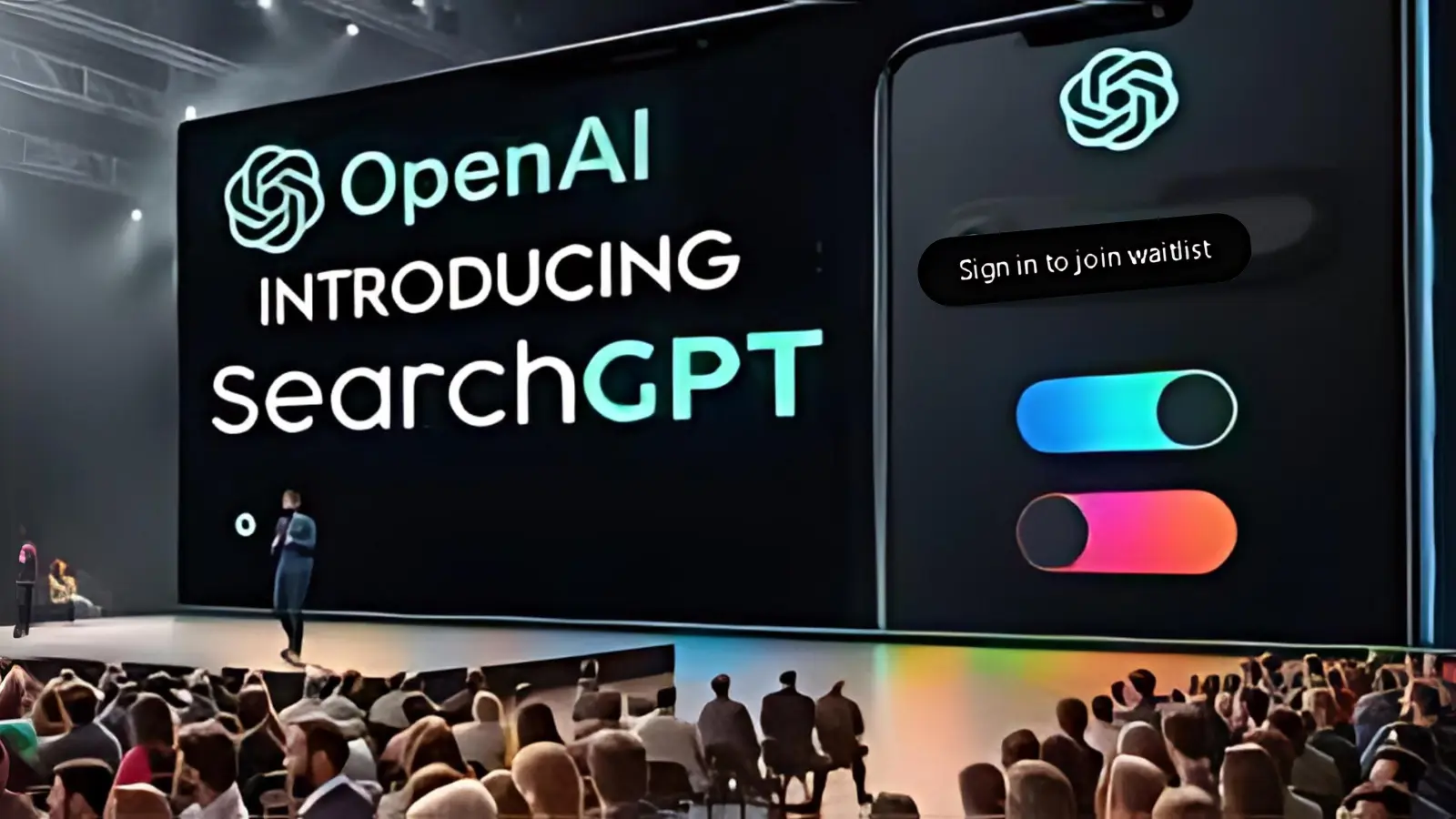
What Are Copilot Agents?
Copilot agents are essentially digital assistants powered by advanced AI, designed to assist organizations in performing specific tasks or managing processes more efficiently. The agents can act autonomously or respond to prompts, and their potential applications stretch across multiple departments like IT, sales, marketing, customer service, and finance. Microsoft envisions a future where AI agents can take over routine tasks, allowing human workers to focus on more nuanced and critical work. These agents, crafted in Copilot Studio, leverage the latest AI models, including OpenAI’s powerful technologies, to ensure cutting-edge performance.
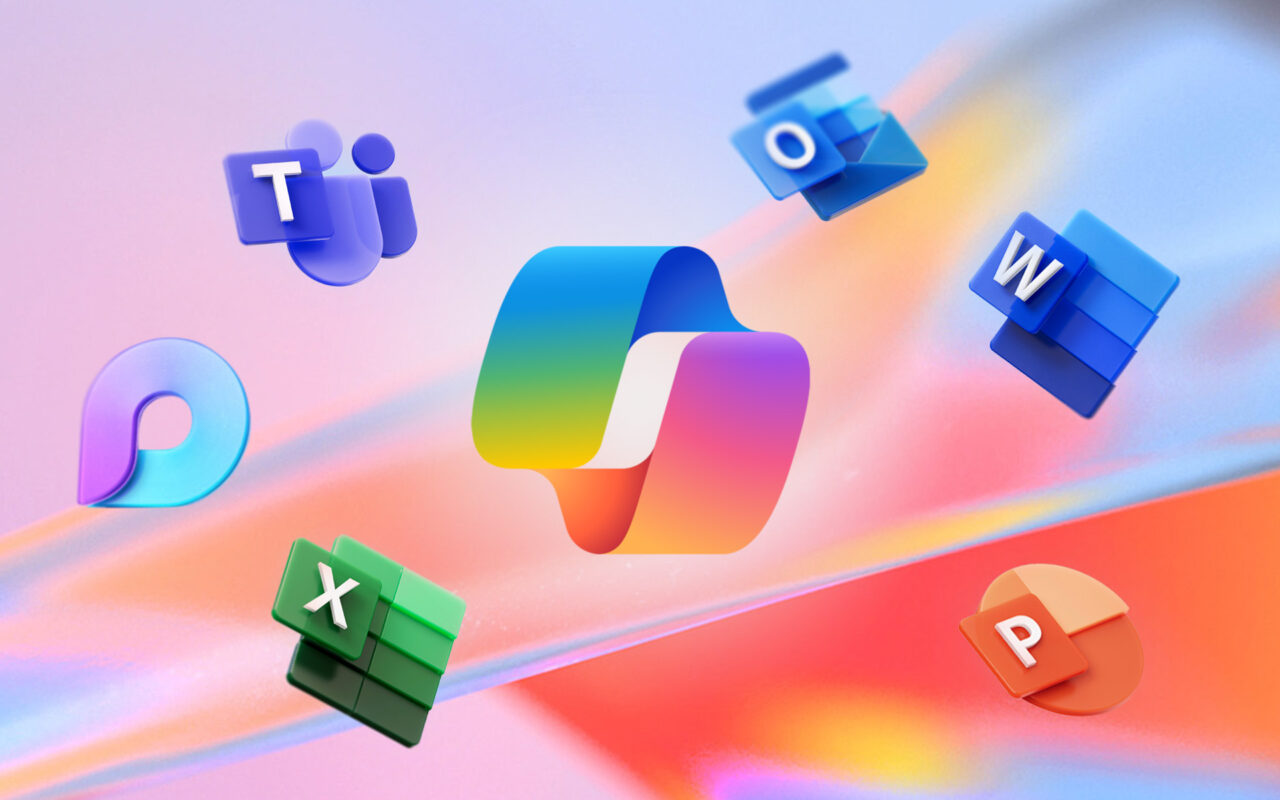
Here's ads banner inside a post
The introduction of custom Copilot agents means businesses can now tailor these digital assistants to their unique needs. Lead generation, order processing, staff onboarding, and supply chain automation are just a few examples of how these agents can enhance business efficiency. By tapping into data from Microsoft 365 Graph, Dataverse, and Fabric, these agents can provide contextually relevant support, further simplifying complex workflows.

Autonomous Agents in Dynamics 365
One of the most significant advancements tied to Copilot agents is their integration into Microsoft Dynamics 365. Microsoft recently rolled out ten new autonomous agents in the platform, designed to assist teams in sales, service, finance, and supply chain management. These agents aren’t just smart—they’re game-changers in terms of how businesses handle time-sensitive and labor-intensive tasks.
Here's ads banner inside a post
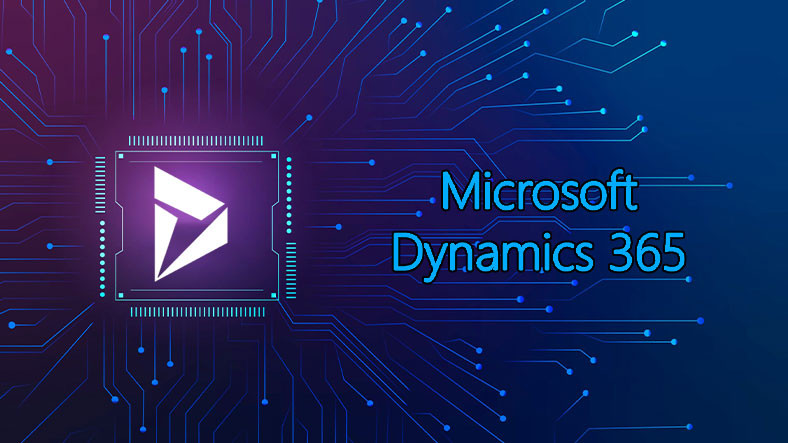
For instance, the Sales Qualification Agent helps sales teams focus on the most lucrative leads, while the Supplier Communications Agent autonomously tracks supplier performance, eliminating disruptions and freeing procurement teams from manual monitoring. On the customer service front, Customer Intent and Knowledge Management Agents work hand-in-hand with service representatives, helping resolve issues and autonomously adding new knowledge-based articles to scale best practices.
What sets these agents apart is not just their functionality but their compliance with Microsoft’s strict security, privacy, and AI responsibility standards. This emphasis on ethical AI practices means that businesses can deploy these agents with confidence, knowing that they meet the highest standards of security and reliability.

A Glimpse into the Future
With Microsoft Ignite 2024 approaching, there’s growing excitement about the possibilities Copilot agents bring to the table. Microsoft will showcase the new tools in action, offering demonstrations and real-world case studies that illustrate their transformative potential. While attending the event in person is no longer possible—tickets have already sold out—interested parties can still join online to see how these agents are shaping the future of work.

Some companies have already tested Copilot agents and are thrilled with the early results. Pets at Home CIO William Hewish shared his thoughts on the matter: “We’re using AI to do the time-consuming work so that our team can use their expertise to make quicker decisions based on the data available. This solution allows our profit protection team to focus more on skilled analysis rather than simple information gathering.”

McKinsey & Company has also adopted custom Copilot agents to assist with reviewing client proposals. Rodney Zemmel, a Senior Partner at McKinsey, sees tremendous potential for AI agents in transforming business operations. These early successes indicate that Copilot agents could soon become a critical tool for organizations looking to streamline processes and boost productivity.

The Competition Heats Up
Despite the excitement surrounding Microsoft’s new AI tools, not everyone is convinced. Salesforce CEO Mark Benioff has been vocal in his criticism of Copilot, likening it to the now infamous Microsoft Clippy, a much-maligned digital assistant from the late 1990s. Benioff claims that Copilot “doesn’t deliver value” and predicts that it won’t last long.

“When you look at how Copilot has been sold to our customers, it’s disappointing. It doesn’t work,” said Benioff. “It spews data all over our floors and doesn’t deliver value. Copilot is just the new Microsoft Clippy.”
Benioff is confident that Salesforce can outshine Microsoft in the AI space, citing the success of Agentforce, Salesforce’s new tool for building custom AI agents. According to Benioff, Agentforce processes trillions of AI transactions per week, and its early success has only bolstered his confidence.
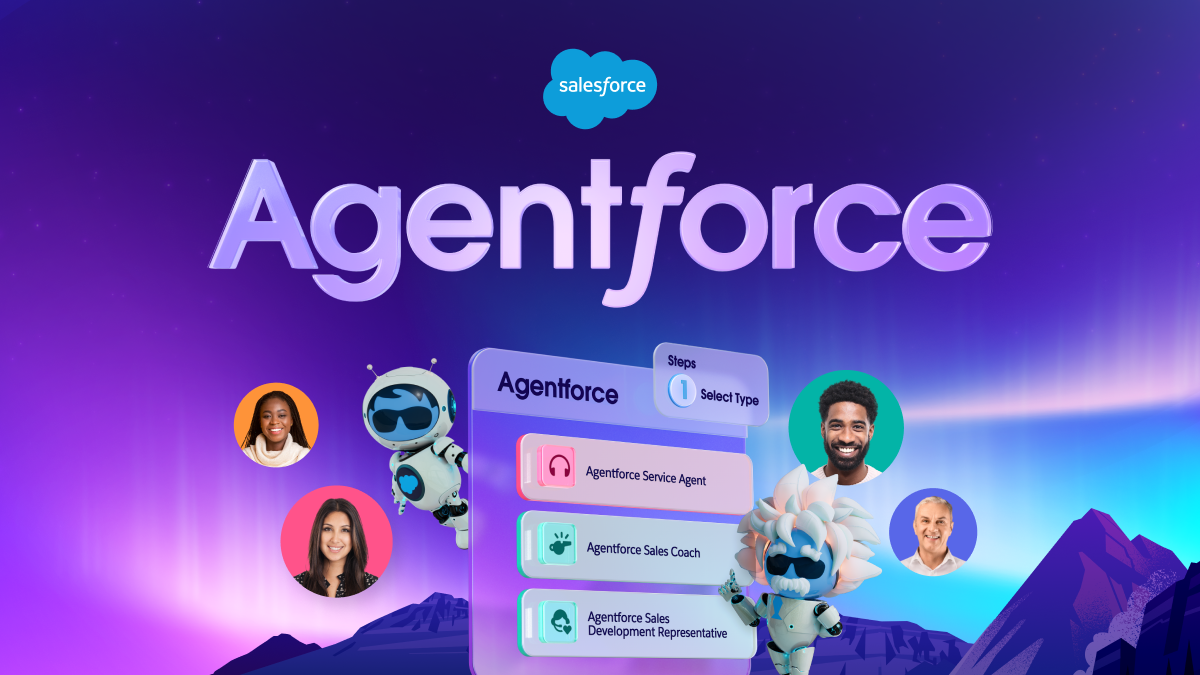
Whether Benioff’s prediction proves accurate remains to be seen. With Microsoft’s Copilot agents entering public preview and Agentforce still in its early days, the race for AI dominance is far from over. As these two tech giants continue to innovate and push boundaries, only time will tell which will emerge as the leader in AI-powered autonomous agents.
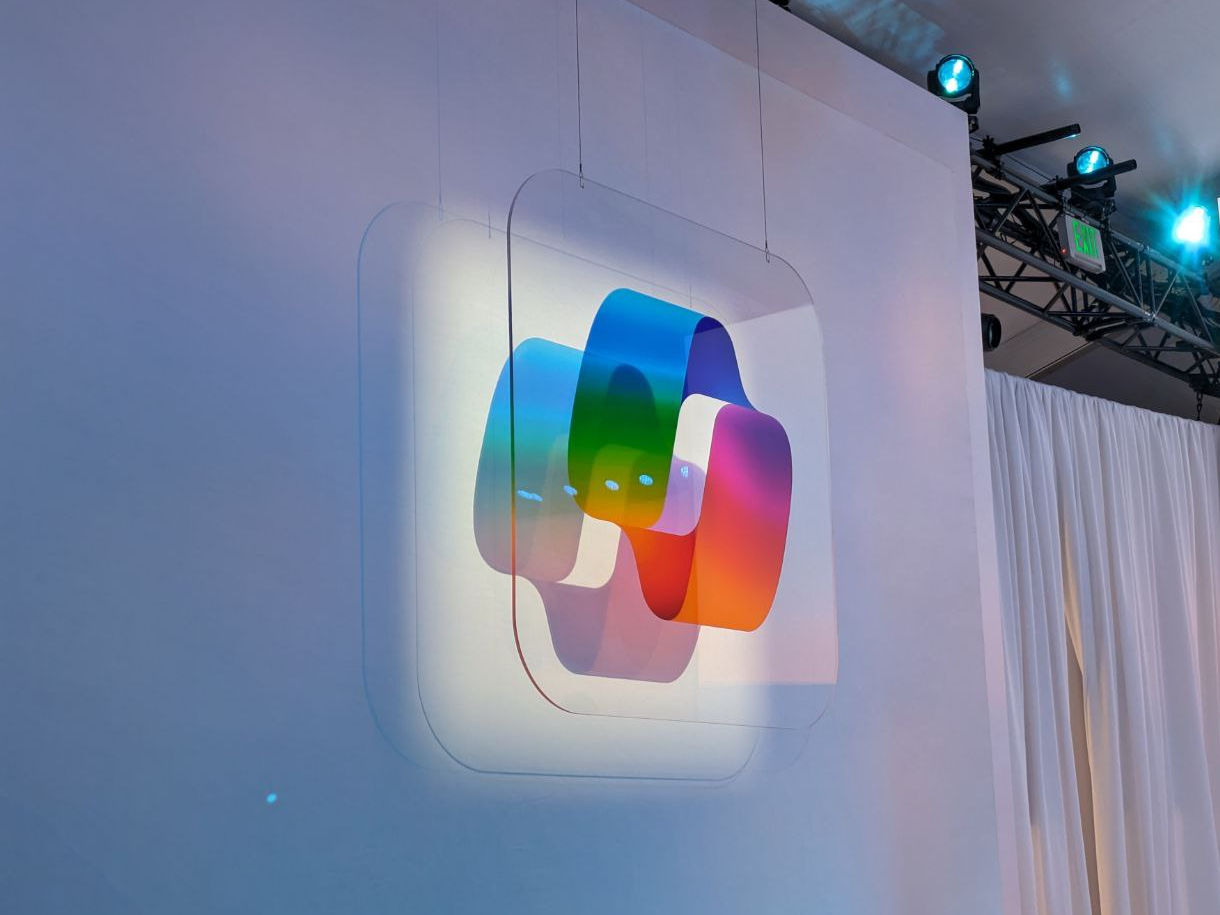
The Bigger Picture
At its core, Copilot Studio represents a bold step toward an AI-powered future where tasks that once required significant human effort can be managed by intelligent digital agents. While concerns about security, privacy, and effectiveness remain, Microsoft’s commitment to responsible AI development ensures that businesses can leverage these tools without compromising on trust.

As more companies experiment with these autonomous agents, we’ll see them become an integral part of industries ranging from finance to healthcare, retail, and beyond. Copilot agents are just the beginning of a future where AI is no longer just a tool, but an active participant in the workforce. Whether it’s managing a supply chain, optimizing sales, or improving customer service, these agents are poised to redefine what’s possible in the world of business.
So, what’s next? Only time—and Microsoft’s innovations—will tell.

